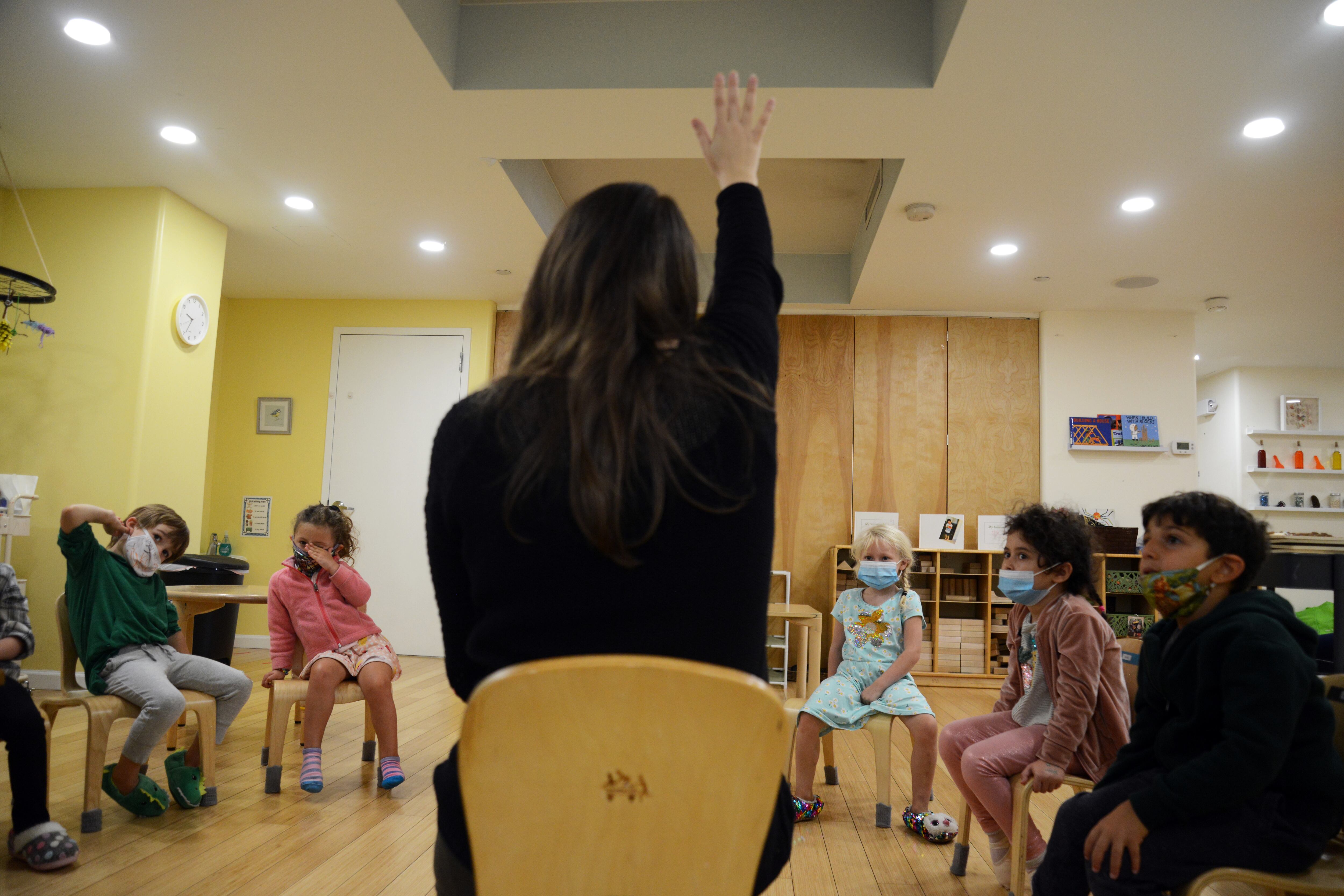Where do New York City’s mayoral candidates stand on early childhood education and youth services? Chalkbeat wants to find out.
Between now and the June 22 primary, Chalkbeat — in partnership with the Campaign for Children — will dig into these topics and push the leading Democratic candidates to spell out their visions for educating the city’s youngest learners.
First up, our reporter Christina Veiga will moderate on May 5 the Campaign for Children 2021 Community Speak Out, which will focus on mayoral hopefuls’ views on universal access to childcare, youth services, and early childhood education.
Additionally, Veiga is conducting one-on-one interviews with the mayoral candidates on these issues. These interviews will be posted on our platforms in the coming weeks, and will inform a voter guide we plan to create specifically on the next mayor’s vision for early childhood education and youth services.
It’s a pivotal moment for these sectors. With more federal attention and resources being dedicated to early childhood education and care, the mayor will have power to prioritize using more funds to build and strengthen services in New York City.
Yet, there’s a lot of work to be done. While the city has made strides expanding pre-K, affordable infant and toddler child care options are still hard to come by. The annual cost of many child care programs for these youngsters consumes about 31% of median household income for all families with young children in NYC but can be as high as 65% in communities where median incomes are lower. And the system, in some ways, is broken: There is a backlog of families waiting to receive vouchers to help pay for care, even while seats in centers go empty.
The early childhood workforce also needs more attention. Child care work is predominantly staffed by women of color. They are among the lowest paid workers in the city. While there has been headway on salary parity between entry level early childhood educators in community-based organizations and in schools, seniority, longevity, and teachers in settings serving children with disabilities have yet to be addressed.
As Chalkbeat presses the city’s top mayoral contenders on their plans to address all these issues and more, please stay in touch by writing to us at ny.tips@chalkbeat.org. You can also sign up for Starting Line, our early childhood education newsletter, to stay on top of the latest developments in the sector across the country.





